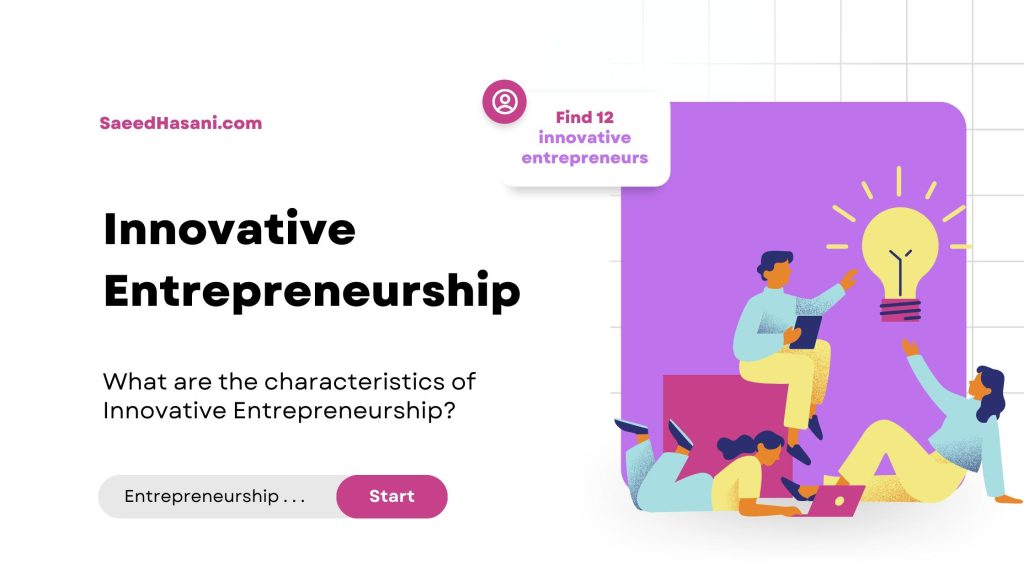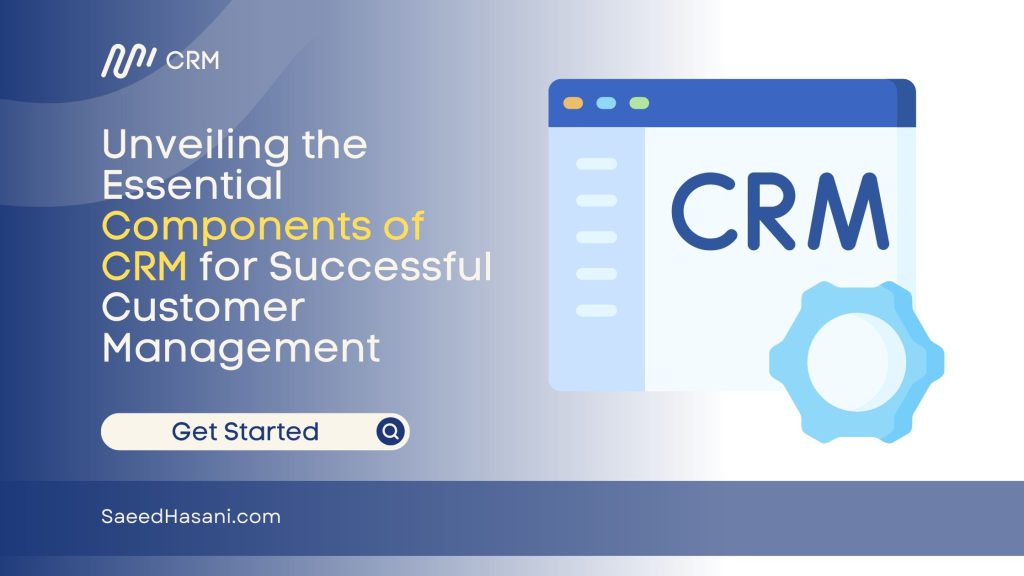10 Surprising Benefits: Why Remote Closing Will Transform Your Sales Game

All sales professionals and business enthusiasts! The digital era has ushered in a transformative approach to sales known as “Remote Closing.”
This innovative method is not just a trend; it’s reshaping the future of sales, offering unprecedented flexibility and efficiency.
In this blog post, we’ll delve into the world of remote closing, exploring its pivotal role in today’s market.
Whether you’re a seasoned sales veteran or new to the industry, understanding remote closing is crucial for staying ahead in the competitive landscape.
Get ready to discover the techniques, tools, and strategies that make remote closing a game-changer in the art of selling!
Content Overview:
What is Remote Closing?
Remote closing refers to the process of finalizing sales or business transactions without the need for physical presence, often through digital communication tools and platforms.
This concept has gained prominence in various industries, including real estate, finance, insurance, and high-ticket item sales, adapting to the evolving landscape of remote work and digital transactions.
The role of a remote closer is pivotal in modern sales forces, requiring a blend of communication skills, technological proficiency, negotiation abilities, and self-motivation.
A key aspect of remote closing is:
the use of digital tools such as CRM software, video conferencing, e-signature platforms, and virtual meeting spaces like Zoom, Microsoft Teams, and Google Meet.
These tools facilitate face-to-face interactions remotely, enabling sales professionals to conduct product demonstrations, presentations, and negotiations in real time. E-signature solutions like DocuSign and Adobe Sign have revolutionized the contract-signing process, making it more efficient and convenient.
Key Elements:
- Use of Digital Tools: Remote closers rely on CRM software, video conferencing (like Zoom, Microsoft Teams, and Google Meet), and e-signature platforms (such as DocuSign and Adobe Sign).
- Communication Skills: Exceptional verbal and written communication skills are crucial for articulating ideas clearly and persuasively.
- Technological Proficiency: Comfort with digital tools is essential for efficient operation.
- Negotiation Skills: Remote closers must effectively negotiate terms while maintaining positive client relationships.
- Self-Motivation and Adaptability: The ability to work independently and adapt to different time zones and cultures is important.
How to Start Remote Closing?
To kickstart a career in remote closing, follow this beginner’s guide that emphasizes gaining experience, networking, and leveraging online platforms:
- Start at an Entry-Level Position: Begin your journey in sales, customer service, or telemarketing roles. These entry-level jobs provide valuable experience and help you understand remote sales dynamics.
- Polish Your Application and Resume: Tailor your application to showcase your sales skills and experiences, emphasizing your proficiency in virtual communication and adaptability.
- Explore Job Opportunities: Search for remote closing jobs on various websites and job boards specializing in remote positions. Ensure the job aligns with your interests and strengths.
- Master the Interview Process: Demonstrate your enthusiasm for remote sales during interviews. Share relevant experiences and showcase your ability to build trust and connect with clients.
- Understand the Earning Potential: Research the average salaries in your industry and negotiate your compensation based on your skills and expertise.
- Master the Sales Process: Guide potential customers through the sales process, tailoring your approach to their preferences. Utilize AI-powered tools for efficient information management.
- Develop Effective Sales Techniques: Employ various sales techniques like trial closes, creating urgency, assumptive and summary closes, and offering alternative choices to engage and persuade potential clients.
- Leverage Expertise and Mentorship: As a beginner, take advantage of the guidance provided by experienced mentors in areas like lead generation and sales strategies.
- Embrace Technology: Stay abreast with the latest digital tools and platforms to enhance your sales capabilities and efficiency.
- Continuous Learning and Networking: Engage in ongoing learning through formal training programs, online resources, and by connecting with professionals in the field.
- Consider Specialization: As you gain experience, consider specializing in a particular industry or type of product to enhance your expertise and value.
Starting a career in remote closing offers a pathway to lucrative opportunities, provided you are willing to learn, adapt, and continuously develop your skills.
How to Become a Remote Closer?
To become a remote closer, follow this step-by-step guide that highlights foundational sales knowledge and the role of appointment setters as a starting point:
Step 1: Gain Sales Experience
- Start as an Appointment Setter: Many remote closers begin their careers in sales by working as appointment setters. This role involves setting appointments and qualifying leads, providing valuable experience and skills needed in remote closing. It’s a great way to get your foot in the door without needing extensive experience in sales.
Step 2: Enhance Sales Techniques
- Educate Yourself in Sales: While formal education in sales or marketing can be beneficial, it’s not mandatory. You can develop sales skills through self-learning using books, online courses, and resources from sales professionals on platforms like YouTube.
- Participate in Roleplays and Mock Calls: Engage in mock sales calls and roleplays to improve your persuasion and negotiation skills. These exercises help in understanding and overcoming real-world sales scenarios.
Step 3: Choose Your Niche
- Select an Industry or Product: Remote closers can work in various industries. Choosing the right product or service to sell is crucial. Consider the product’s market validation and the business’s lead flow before deciding.
Step 4: Understand and Leverage Technology
- Familiarize with Digital Tools: Develop proficiency in CRM software, video conferencing tools like Zoom or Microsoft Teams, and e-signature platforms. These are essential for conducting remote sales efficiently.
Step 5: Master Remote Communication
- Develop Communication Skills: Remote closers need exceptional verbal and written communication skills to articulate complex ideas persuasively across digital platforms. Practice and improve your communication to effectively engage with clients remotely.
Step 6: Learn to Negotiate and Close Deals
- Practice Negotiation Skills: The ability to negotiate terms effectively while maintaining positive client relationships is crucial. Learn and practice different closing techniques, such as assumptive closes, summary closes, and creating a sense of urgency.
Step 7: Seek Mentorship and Networking
- Leverage Mentorship: Find mentors or join communities where experienced remote closers share their knowledge. Networking with professionals can provide valuable insights and open up opportunities.
Step 8: Apply for Remote Closer Positions
- Polish Your Resume and Apply: Tailor your resume to highlight skills relevant to remote closing. Apply to companies offering remote sales positions, and demonstrate your potential value as a remote closer during interviews.
Step 9: Continuous Learning and Adaptation
- Stay Updated: The world of remote sales is dynamic. Keep yourself updated with the latest trends, tools, and techniques in sales and remote working.
Step 10: Set Goals and Measure Performance
- Track Your Progress: Set clear goals for your career as a remote closer. Regularly assess your performance against these goals and seek feedback to continuously improve.
By following these steps and committing to continuous learning and improvement, you can successfully enter and thrive in the field of remote closing.
In the Future . . .
Remote Closing Salary
- Overview of the salary range for remote closers and factors influencing earnings.
- Potential for additional commissions and bonuses in remote closing roles.
Remote Closing Jobs
- Tips on finding and securing remote closing positions.
- Discussion on the variety of industries where remote closers are in demand.
Digital Closing: A Modern Approach
- Exploration of digital closing in today’s market.
- Technological advancements and their impact on the closing process.
How Much Can You Make Digital Closing?
- Analysis of earning potential in digital closing roles.
- Factors such as experience, industry specialization, and deal-closing abilities influence earnings.
Remote Closing in Real Estate
- A detailed look at how remote closing works in real estate, including Remote Online Notarization (RON) and In-Person E-Notarization (IPEN).
- Legal considerations and the role of notaries in remote real estate transactions.
How to Become a Remote Closing Agent?
- Specific steps to become a remote closing agent, particularly in real estate.
- Necessary qualifications, certifications, and skills for a remote closing agent.







Responses